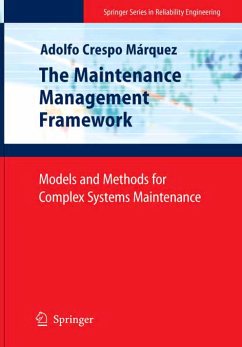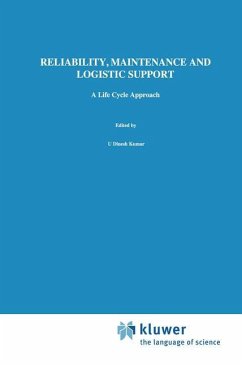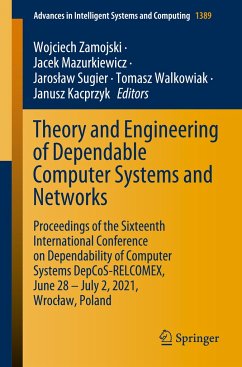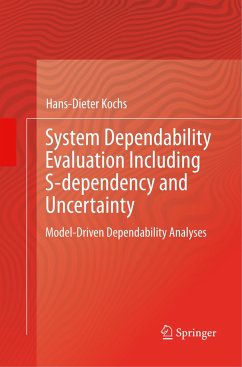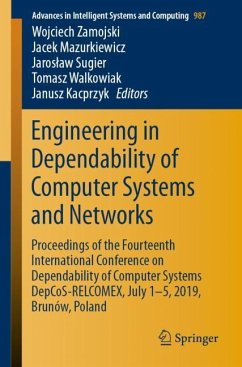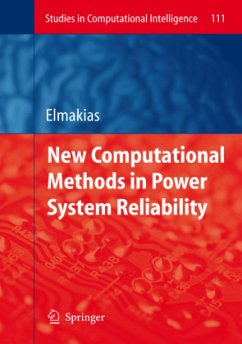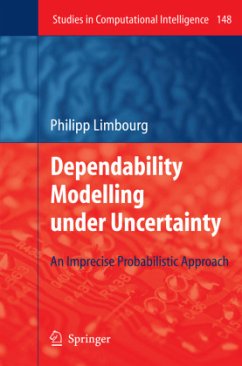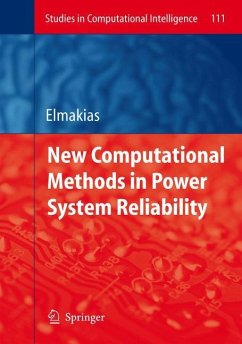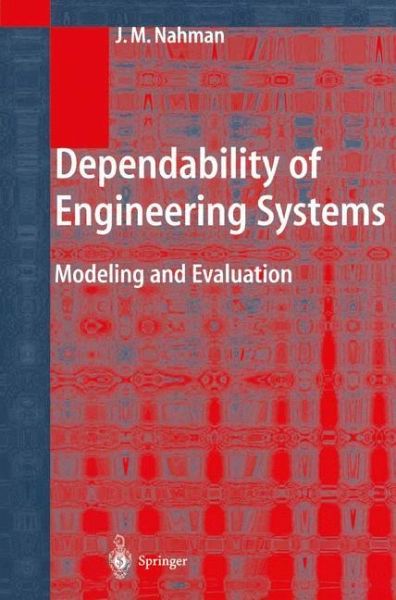
Dependability of Engineering Systems
Modeling and Evaluation

PAYBACK Punkte
38 °P sammeln!
This book is intended to provide the interested reader with basic information on various issues of the dependability analysis and evaluation of engineering systems with the principal goal to help the reader perform such an analysis and evaluation. By the definition of the IEC International Standard 50(191) dependability is the collective term used to describe the availability peiformance and its influencing factors: reliability peiformance, maintainability peiformance and maintenance support performance. Dependability is a term used for a general description of system performance but not a qua...
This book is intended to provide the interested reader with basic information on various issues of the dependability analysis and evaluation of engineering systems with the principal goal to help the reader perform such an analysis and evaluation. By the definition of the IEC International Standard 50(191) dependability is the collective term used to describe the availability peiformance and its influencing factors: reliability peiformance, maintainability peiformance and maintenance support performance. Dependability is a term used for a general description of system performance but not a quality which could be expressed by a single quantitative measure. There are several other quantitative terms, such as reliability, unreliability, time-specific and steady-state availability and unavailability, which together form a basis for evaluating the dependability of a system. A system is taken as dependable if it satisfies all requirements of the customers with regard to various dependability performances and indices. The dependability deals with failures, repairs, preventive maintenance as well as with costs associated with investment and service interruptions or mission failures. Therefore, it is a very important attribute of system quality. The dependability evaluation is strongly based upon experience and statistical data on the behavior of a system and of its elements. Using past experience with the same or similar systems and elements, the prospective operation may be predicted and improved designs and constructions can be conceived. Hence, the dependability analysis makes it possible to learn from the past for better future solutions.





